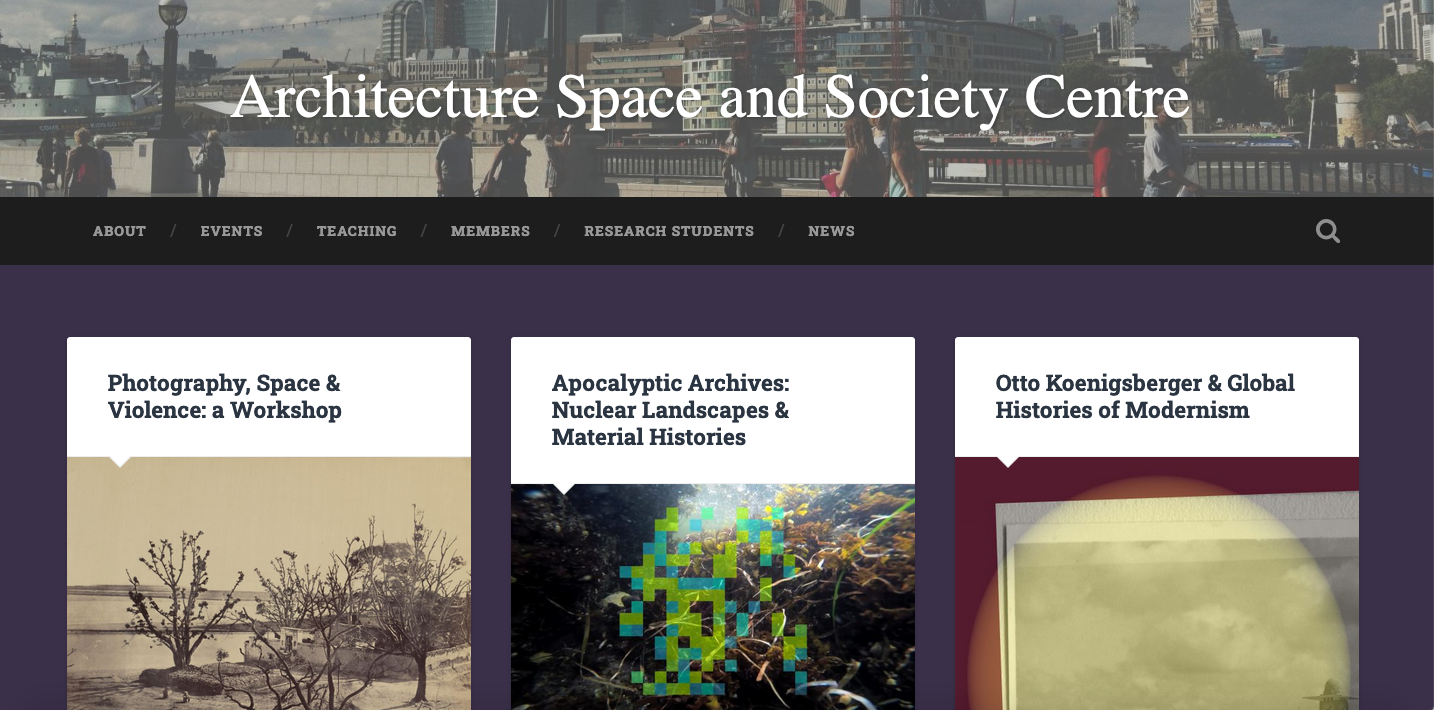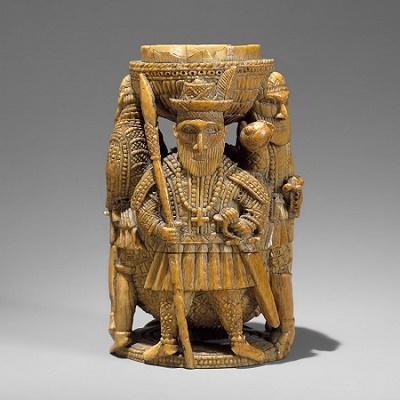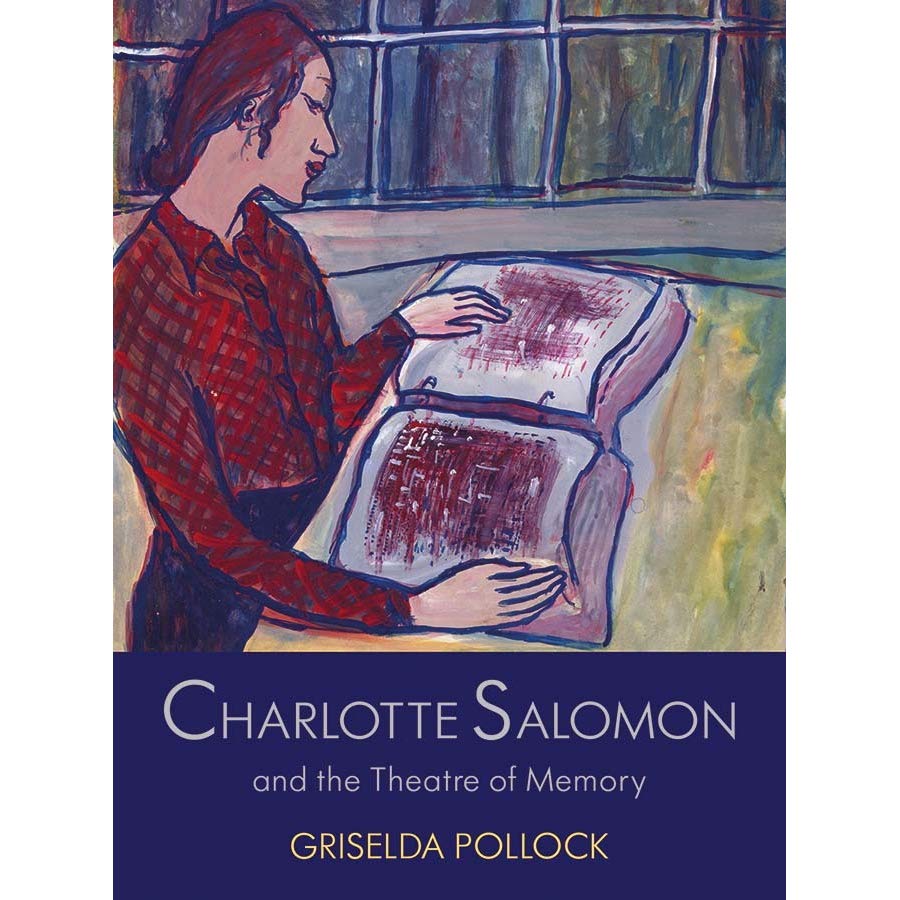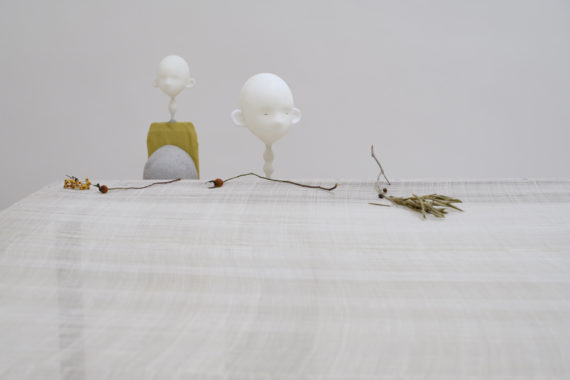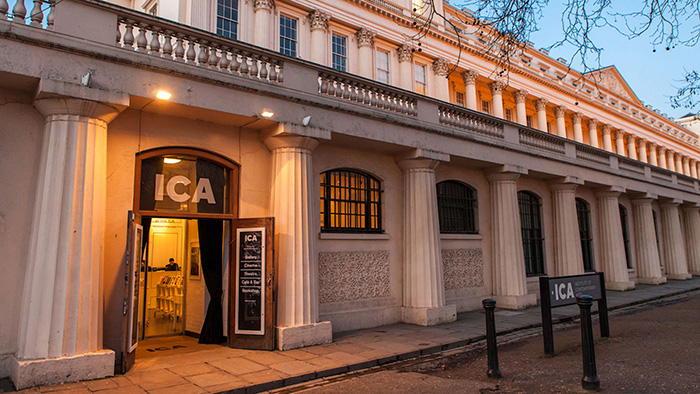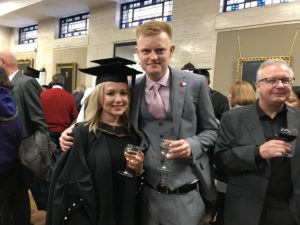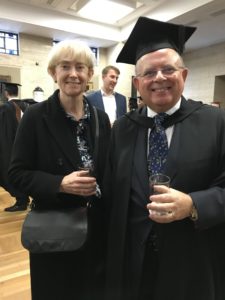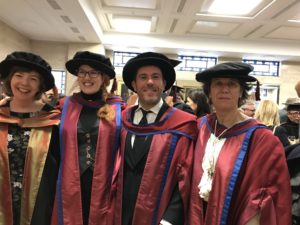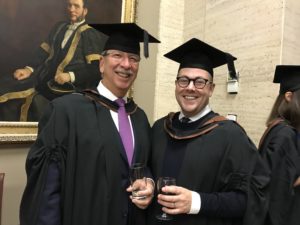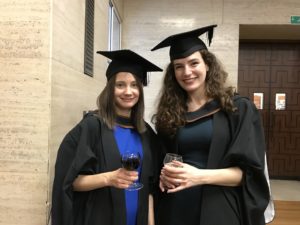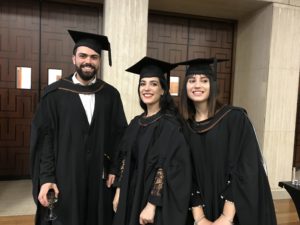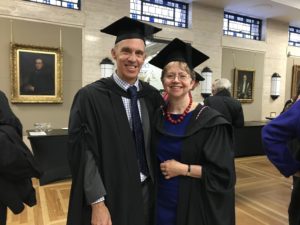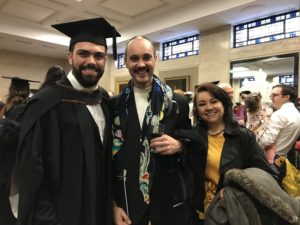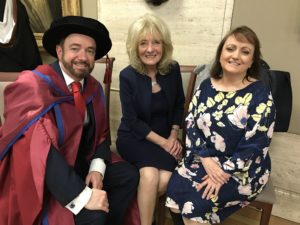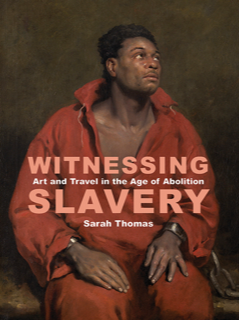What really struck me in putting together the blog this week was how rich and diverse our research culture is – and this richness and diversity is very much on display over the next couple of weeks.
At the next Murray Seminar on Medieval and Renaissance Art, on Weds 4 December at 5pm in the Keynes Library, our own Laura Jacobus will be speaking on ‘Faces and Enigmas: maker-portraits by Giotto and Giovanni Pisano’. During the later middle ages, the questions ‘who makes an art-work?’ and ‘what is a portrait?’ had no simple answers. The person who commissioned a work of art could be seen as the person responsible for its creation, and the person we call the artist could be regarded as just one of the means employed to make it. The word ‘portrait’ was not in use (at least not in its modern sense), and images of people were not expected to look like anyone recognisable. Giotto and Giovanni Pisano were two of the most famous artists working in Italy in the years around 1300 and they wanted recognition in every sense of the word. But how? Come and find out – all welcome and no need to book.
The Architecture Space and Society Centre has a veritable cluster of events over the rest of the term:
This Thursday 28 November, 6pm, room 106: Vandana Baweja (University of Florida) is speaking on the German émigré architect and expert on tropical architecture Otto Koenigsberger and what it means to talk about global histories of Modernism.
Friday 6 December, 6pm, room 106: A conversation between artist Susan Schuppli (Goldsmiths, Centre for Research Architecture) and architect David Burns (RCA, School of Architecture) on ‘Apocalyptic Archives: Nuclear Landscapes and Material Histories‘.
Thursday 12 December, 3-5pm, Keynes Library: A mini-symposium on the English country house from the 18th century to the present, with our own Kate Retford, Abby Van Slyck (Connecticut College) and Jon Stobart (Manchester Metropolitan University)
Then on Friday 13 December, 10-5pm in the School of Arts Cinema, there’s a day workshop aimed at post-graduate students, co-hosted by the History and Theory of Photography Research Centre, the ASSC and the Birkbeck Institute of Humanities on ‘Photography, Space and Violence‘. It features talks by Birkbeck’s Steve Edwards and Sean Willcock, BIH visting fellow Claire Zimmerman (University of Michigan) and Alberto Toscano (Goldsmiths), alongside student presentations.
You’ll remember all those photos of our happy graduates in a recent blog. Well now you can read about two of them in detail, including the fact that they’re married to each other. Check out this post about two of our students on the Birkbeck events blog.
In staff news, Professor Annie Coombes gave a talk last month at the Art Institute of the University of Plymouth as part of their ‘Beyond Contact: Postcolonial Approaches to Art’ Series. In ‘Decolonizing the Monument/Rethinking the Memorial‘, she grappled with crucial and timely issues of colonialism and memory. As a counterpoint to the rise of the nationalist right (again) in Europe, the United States and elsewhere in the world, there has been an increased demand on many university campuses, for institutions to address colonial amnesia and to actively decolonize the curriculum. Public statues were also key components of this process, particularly the removal of monuments dedicated to the “heroes” of the colonial period. Using examples from Kenya, Spain and South Africa, Prof. Coombes considered the ways how the violent past targeting civilian populations can be remembered today. She also investigated alternative forms of collective memory which enable a shared and more organic engagement with our history. You can read more about her talk here.
Sarah Thomas‘s book Witnessing Slavery: Art and Travel in the Age of Abolition (Yale University Press), mentioned in past blogs, was, very excitingly, shortlisted for the Apollo Magazine Book of the Year.
You also might be interested to know that there are academics working in other departments in the School of Arts who are leading art historians, working on areas with strong links to the work in our department. Carmen Fracchia, for instance, is Reader in Hispanic Art History in the Department of Cultures and Languages. Her new book ‘Black But Human’ Slavery and Visual Arts in Habsburg Spain, 1480-1700 has just been published by Oxford University Press.
A reminder to give your feedback to your student reps in time for the staff-student exchange meetings that they’ll be attending next week (Cert HE, BA and Grad Cert on Weds 4th; PG Cert, PG Dip and MA on Thurs 5th). Please see the emails sent out by our admin team (art-history@bbk.ac.uk) with email addresses for your student reps. You can also find their names and emails in the UG and PG student handbooks under ‘The Student Voice’.
We’re offering two really interesting modules, taught by two of our most popular lecturers, starting in January – these are open access Cert HE modules, so anyone can simply enrol. There are still places, but they’re going fast!
Art and Society in Nineteenth-Century Britain (Prasannajit De Silva) – Tuesday evenings 6pm
Central European Modernism: Berlin to Belgrade (Kasia Murawska-Muthesius) – Tuesdays 2pm
Finally, I’ve been alerted to an interesting-sounding talk TOMORROW 27 November at 7pm by the preeminent art historian Griselda Pollock at the Jewish Museum, on the artist Charlotte Solomon, who is the subject of a current exhibition at the museum. There are still tickets available, with concessions for students.
. . Category: Uncategorized


